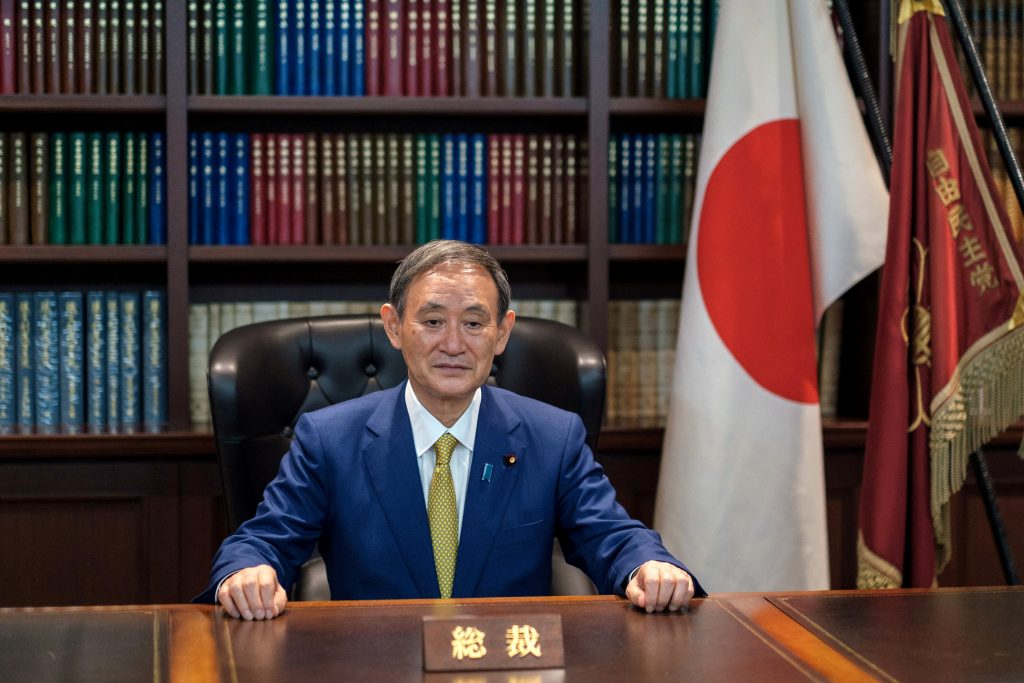
- ARAB NEWS
- 01 Aug 2025

TOKYO: Japanese Prime Minister SUGA Yoshihide will step down without achieving economic recovery despite huge fiscal and monetary stimulus triggered by the coronavirus crisis.
Suga took steps to promote digitalization and decarbonization. But he failed in efforts to balance coronavirus measures and economic activity utilizing the policy mix of massive monetary easing and fiscal spending that he took over from former Prime Minister Shinzo Abe.
The country’s annualized real gross domestic product for April-June stood at 538 trillion yen, lower than the 546 trillion yen marked in October-December 2019 before the coronavirus outbreak.
Although the government hopes to boost the economy to prepandemic levels by this year’s end, sluggish personal consumption due to the coronavirus state of emergency, especially in the dining and tourism sectors, is making the outlook unclear.
In December last year, the Suga administration compiled the third supplementary budget for fiscal 2020 including 19.2 trillion yen for additional economic stimulus measures.
The fiscal 2021 regular budget, drawn up in the same month, included general-account spending of 106.6 trillion yen, hitting a record high for the ninth consecutive year.
With priority on economic recovery, not fiscal health, the share of debt in the state revenue under the 2021 budget marked a seven-year high of 40.9 pct.
The national debt, or the total balance of government bonds and borrowings, stood at 1,220.6 trillion yen at the end of June this year, up 31 trillion yen from nine months before.
Despite the massive budget funds, the government was often late in giving aid, such as cash relief to restaurants cooperating with requests for shortened operating hours.
As a result, budget funds worth around 30 trillion yen were carried over from fiscal 2020 to the following year.
The third supplementary budget, whose rough size was determined before details were set, included expenditures for projects not expected to boost the economy quickly, such as 2 trillion yen for a fund to aid research and development for decarbonization.
The government continues financing support for struggling companies by offering virtually zero-interest, unsecured loans via affiliated financial institutions. The Bank of Japan has extended its coronavirus measures in line with the government’s policy.
Despite that, the total number of business failures linked to the coronavirus crisis reached 2,000 at the end of last month, according to Tokyo Shoko Research Ltd.
The Suga administration accomplished some key policy measures such as mobile phone fee cuts and the establishment of the Digital Agency. However, many items in his signature policy areas of digitalization and decarbonization have yet to take shape.
Suga “was so busy with coronavirus measures that he could not carry out structural reforms sufficiently,” said Takahide Kiuchi, executive economist at Nomura Research Institute Ltd.
JIJI Press